6 ways to make your air fryer last longer, according to an air fryer chef
If you want to lengthen the life of your air fryer, here's all you need to know
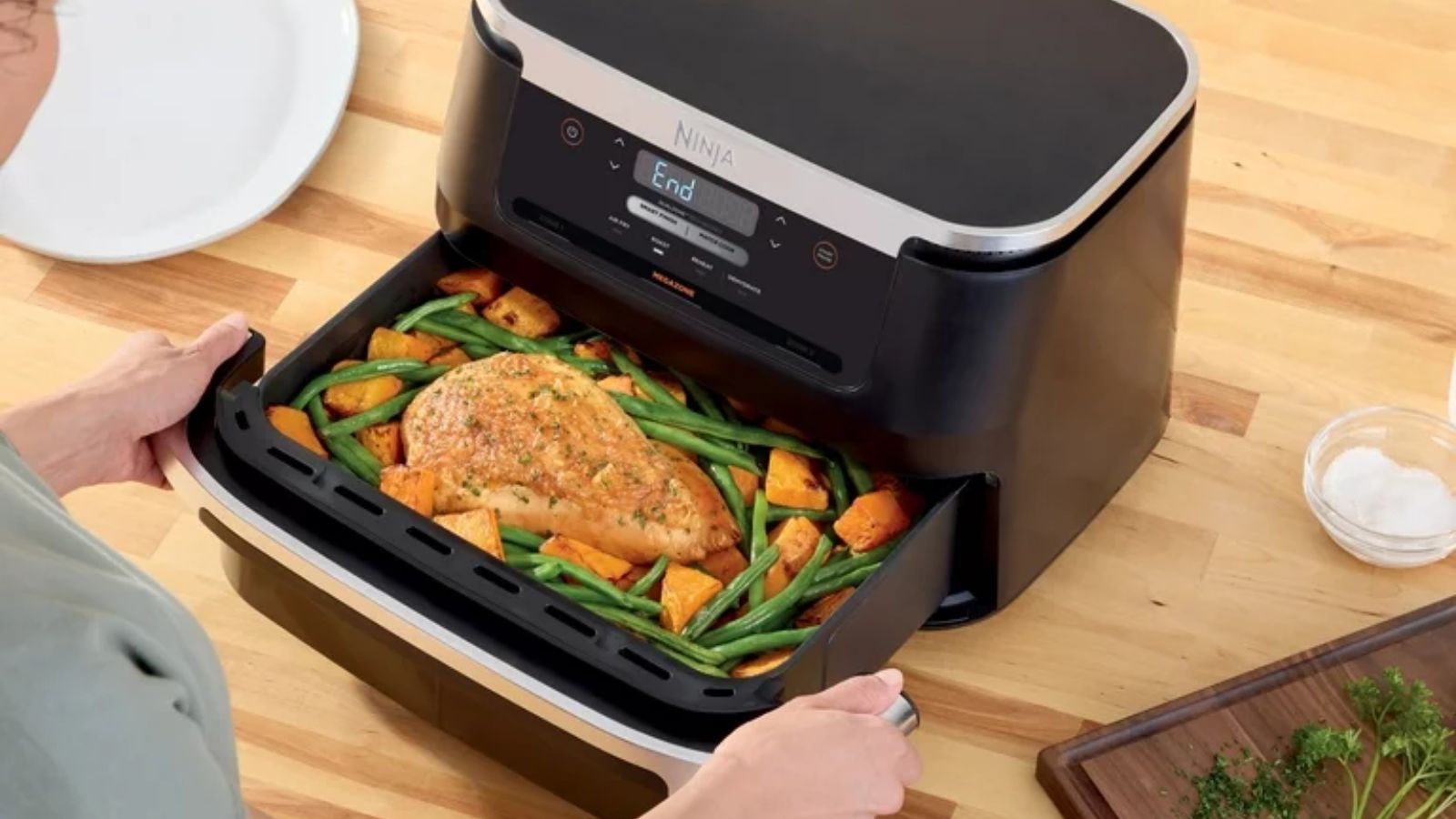

There's no better person to ask how to make your air fryer last longer than the author of The Complete Air Fryer Cookbook, Sam Milner. Twelve years ago, she bought one of the first (now considered to be retro) air fryers and used it all day, every day for seven years. She only upgraded when she wanted an air fryer with a bigger basket. Another five years on and that air fryer is still as good as new, so what's her secret?
If, like me, you've invested in one of the best air fryers, you'll want to know what Milner does to keep her air fryers living a long and healthy life. I asked her to tell me everything I need to know to make sure my air fryer can last as long as hers did.
She's got (air fryer) baskets full of expert tips, from advice on how to clean your air fryer to the air fryer accessories that can add years to the life of your baskets. Here's everything she does to keep hers in a pristine state.
1. Look after the lining
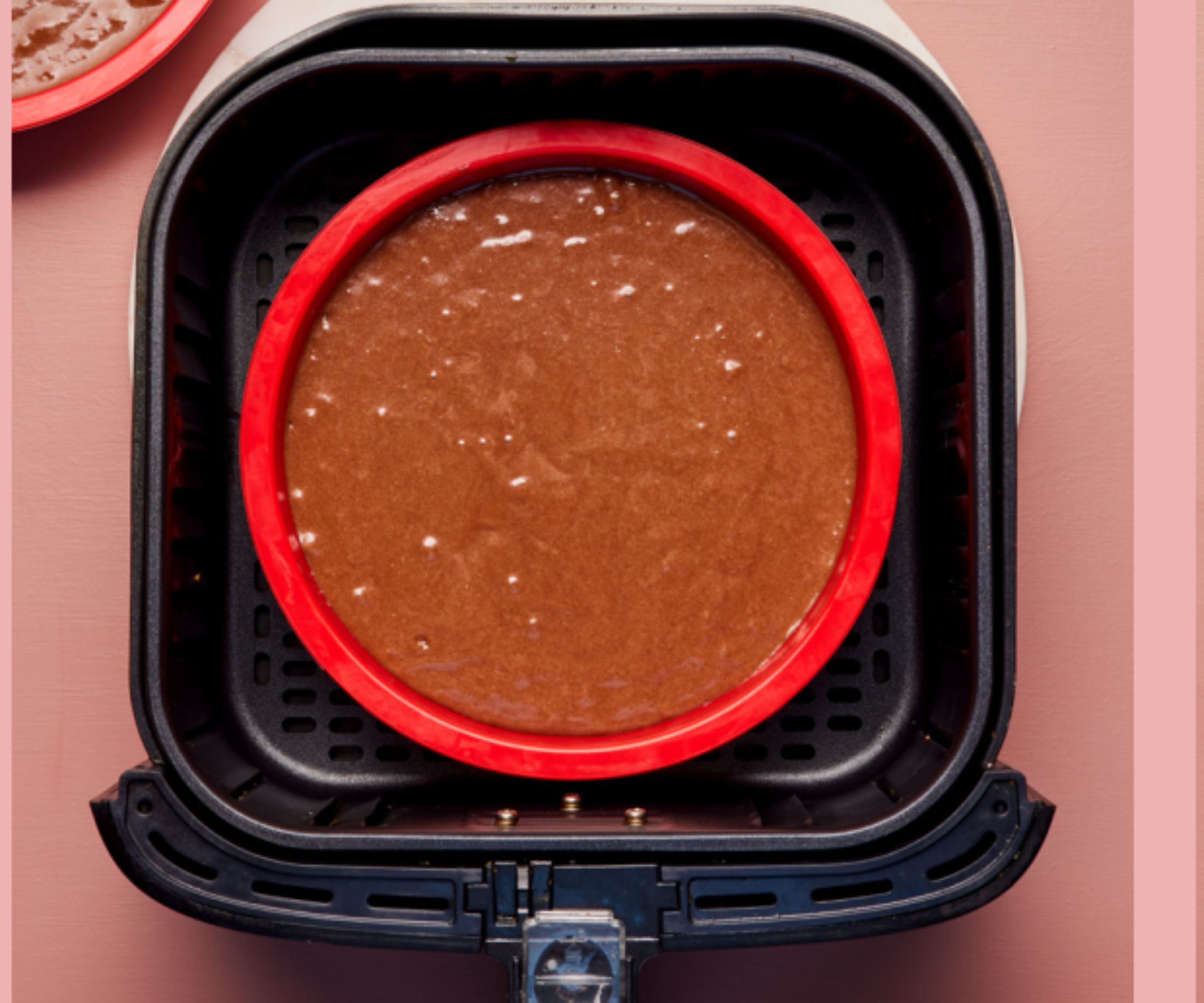
So, you've bought a new, shiny air fryer and you can't wait to start cooking. Before you throw in some fries and fish sticks, it's worth taking some precautions over the lining of your baskets.
Often, your air fryer baskets are coated with a non-stick, which is made of either Teflon or ceramic. If your non-stick is damaged, you won't be able to safely cook with your air fryer any more, because there's a risk that you'll end up ingesting some of the non-stick (this is what sparked the interest in non-toxic air fryers).
Sam has plenty of tips for preserving your lining, but the first one she told me about was a mistake she often sees people making, on TikTok and in advertising. Milner says 'people love air fryers because you can crisp up food without using much oil, right? But these health-conscious people buy those light oil sprays which, if you turn them around, have very scary ingredient lists. The problem with this is that the chemicals added to the oil damage, an emulsifier called lecithin, slowly break down the coating on your air fryer.'
There's a very simple remedy. 'Just use olive oil instead,' Sam says, 'you can buy olive oil sprays as long as you check the ingredients first. Failing that, buy an oil spray bottle and fill it with extra-virgin olive oil, making your own mist.'
If you really liked your lighter spray, don't worry. Sam says 'balsamic vinegar and white wine vinegar are great alternative options.' She says that you won't get the crispiness from oil, but this provides the wetness that your oil would have done. Milner has lots of vinegar-based recipes demonstrating how you can make the substitution in her Complete Air Fryer Cookbook. My favorite is the balsamic chicken: it's gorgeous.
2. Invest in accessories
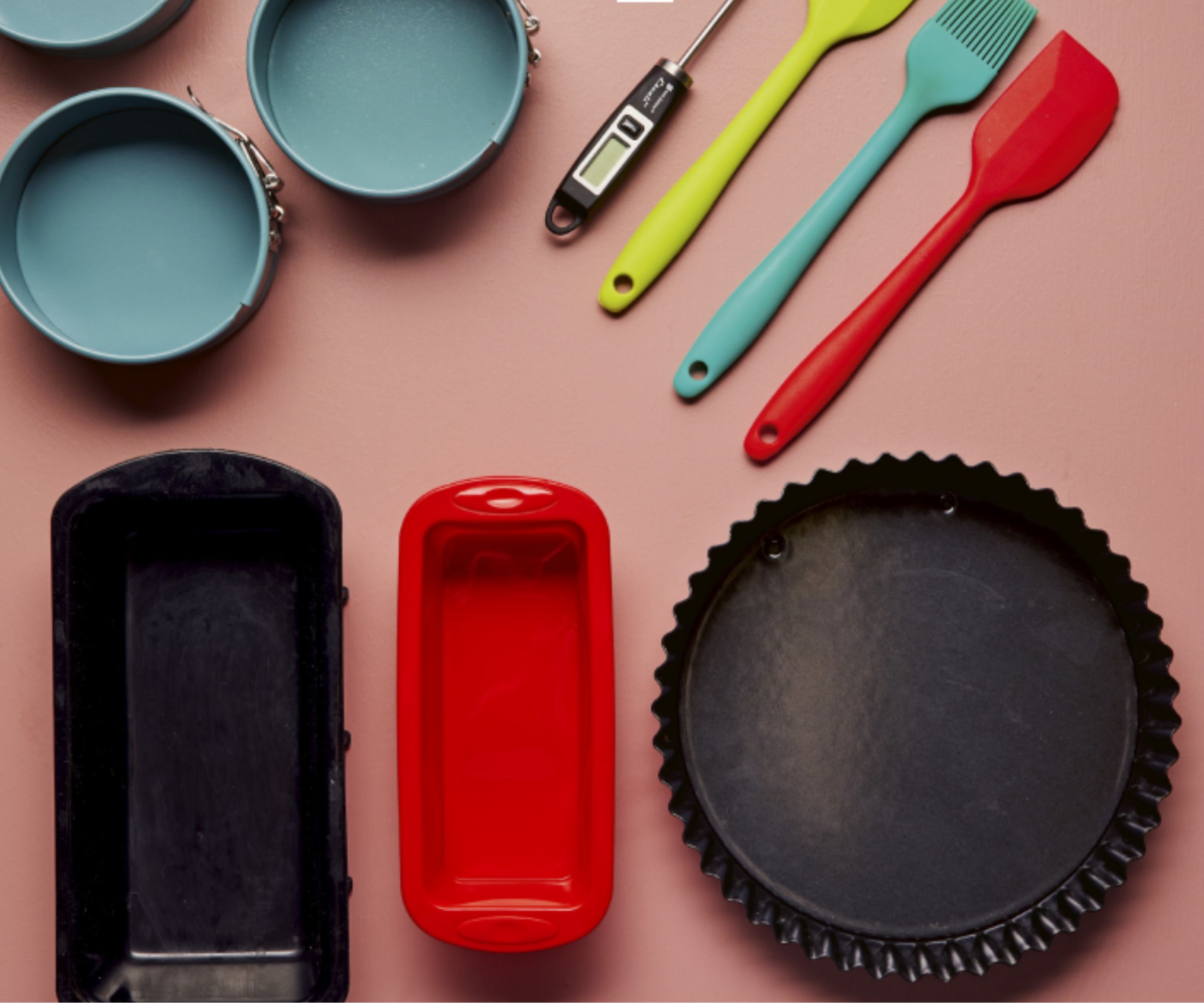
The type of oil that you use is only the beginning of ways that you can look after your air fryer basket. Sam says 'If you really want to preserve the lining of your air fryer, one of my biggest and best tips is to invest in air fryer accessories.'
'In our kitchen, we've got loads of them, but the best ones are silicone baskets. Buy ones that will fit the dimensions of your air fryer basket and they'll mean that you're not cooking in the bottom of your air fryer baskets, so you're less likely to damage them. Plus, they'll save you on washing up.'
If you can't find the ones for you, rest assured, you've got options. Sam explains 'When I was air frying back in 2013, I didn't have the luxuries of all the accessories on offer now. I used to buy silicone baking mats. You know, the ones you bake cookies on? If you need to, you can cut them into baskets. They're a little imperfect,' she laughs, 'but they get the job done.'
If the silicone baskets and silicone trays aren't serving you, Sam has also cooked with paper liners. She says, 'These are single-use, so they're not particularly great for the environment, but they offer more cooking options if you need them.'
Sam also suggests that you can use ramakins, casserole dishes, and glass in your air fryer. 'If it's oven friendly, it's air fryer friendly too, just note that these will slow down your cooking time and get hot to handle.'
3. Keep it clean
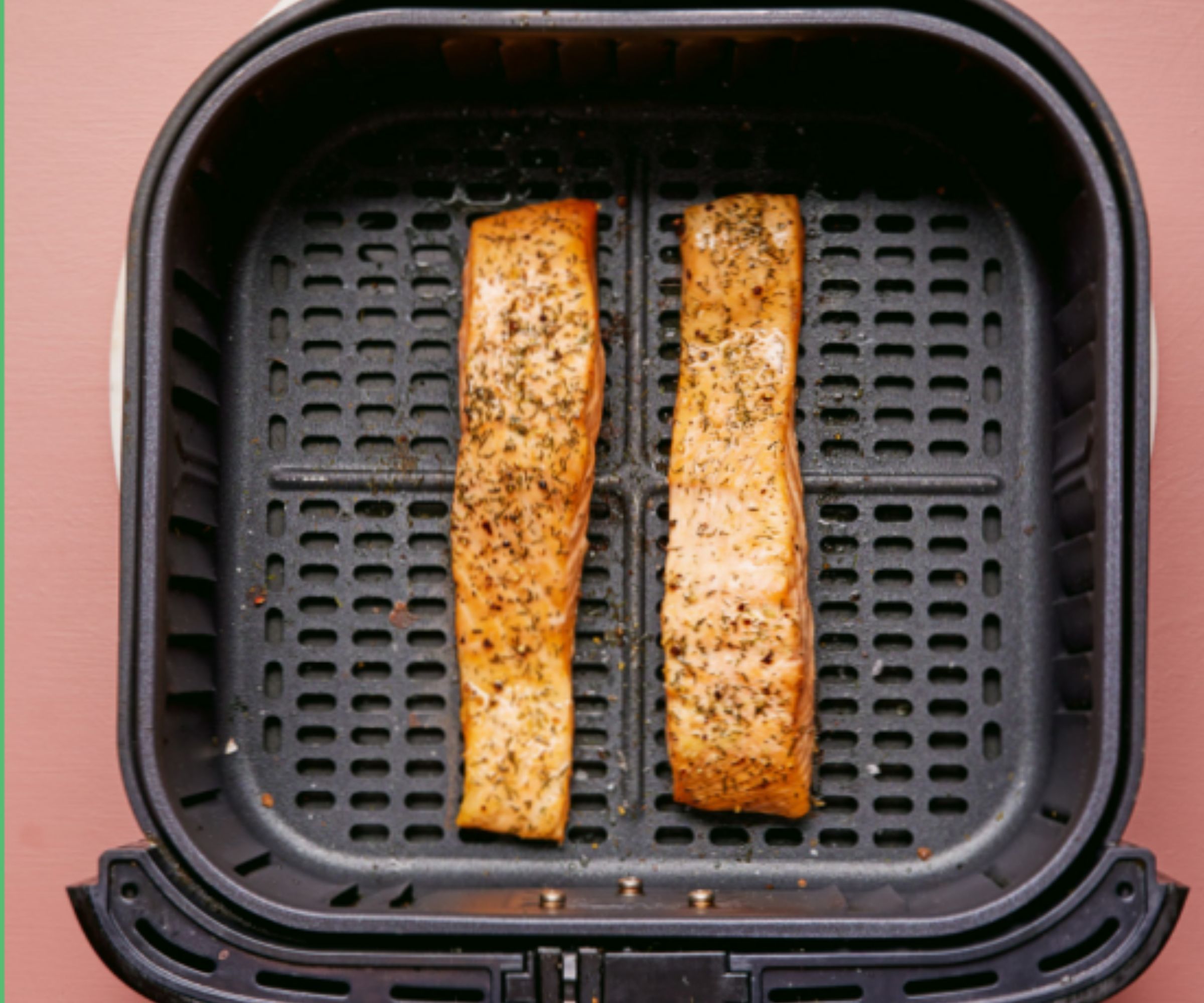
It's important to keep all parts of your air fryer clean, since burnt grease and residue can be tough to get rid of, especially if you don't want to scratch the insides of your drawer.
These days, most air fryer drawers are dishwasher-safe. If you've used accessories, such as the silicone baskets, these can go in the dishwasher and your drawers will just need a light clean. I wanted to know how Sam cleaned hers. As a chef, she's always experimenting, so I expected to hear some horror stories about burnt oils and chicken that had been blackened beyond savoir.
'I don't really have any of those I'm afraid. I'm a careful chef and I've always used liners inside my drawer, so I've never really had to scrub at my non-stick. The way I cleaned my seven-year-old air fryer was just with warm soapy water. Make sure to look for scrubbers (such as this one from Amazon) that won't scratch your non-stick lining and use them to wipe the insides.' Dish soaps, such as Ecover and Method are always a safe bet if you want a gentle clean of your air fryer basket too.
4. Think about what you cook
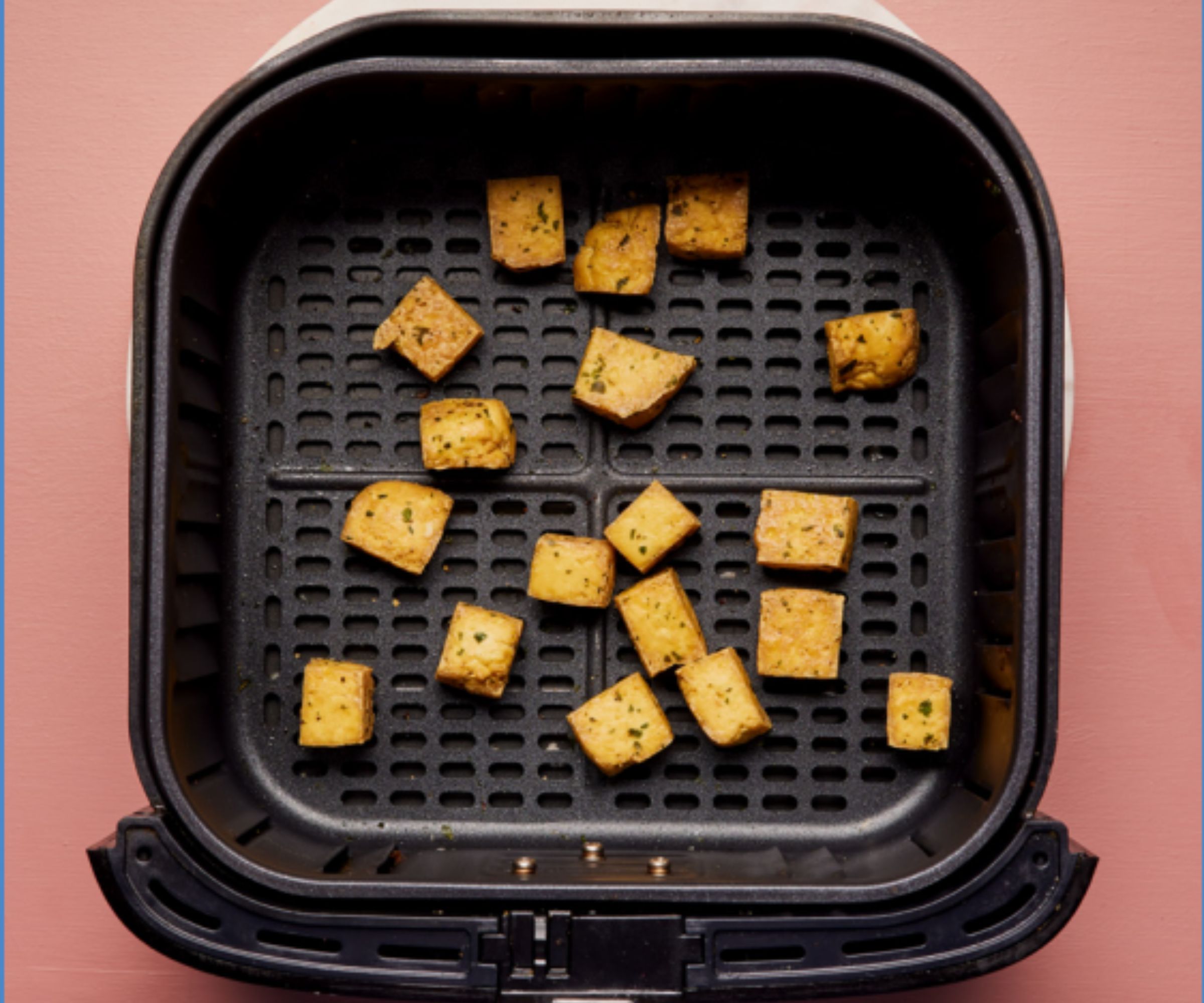
Even though air fryers are magic, there are plenty of things that you should not put in an air fryer. Sam has some advice for what to avoid and what it's a good idea to cook if you want your air fryer to last for longer. She says, 'The reason that I use my silicone inserts so often, is that when you cook liquids directly into the bottom of your drawers, it puts a lot more wear-and-tear on the inside of your air fryer. Curries, sauces, soups – all these things won't be doing the longevity of your air fryer any favors.'
'I'm not recommending you limit the recipes that you follow in your air fryer, I'm just saying that if you plan on making something saucy or with a high liquid content, you really should be using an insert and silicone ladles and tongs.'
Be careful with your cooking times too. 'I've seen loads of videos on social media telling people to just take 10% off their normal oven cooking times, but that's just wrong. Say you have a chicken, most sites will tell you to cook it for one hour and forty-five minutes, in my air fryer, a roast chicken only needs forty-five minutes. That's more than half with no pre-heat either. If you hadn't been a cautious cook, you'd have burnt your food and created a lot more cleaning for yourself.'
5. Choose the right one for you
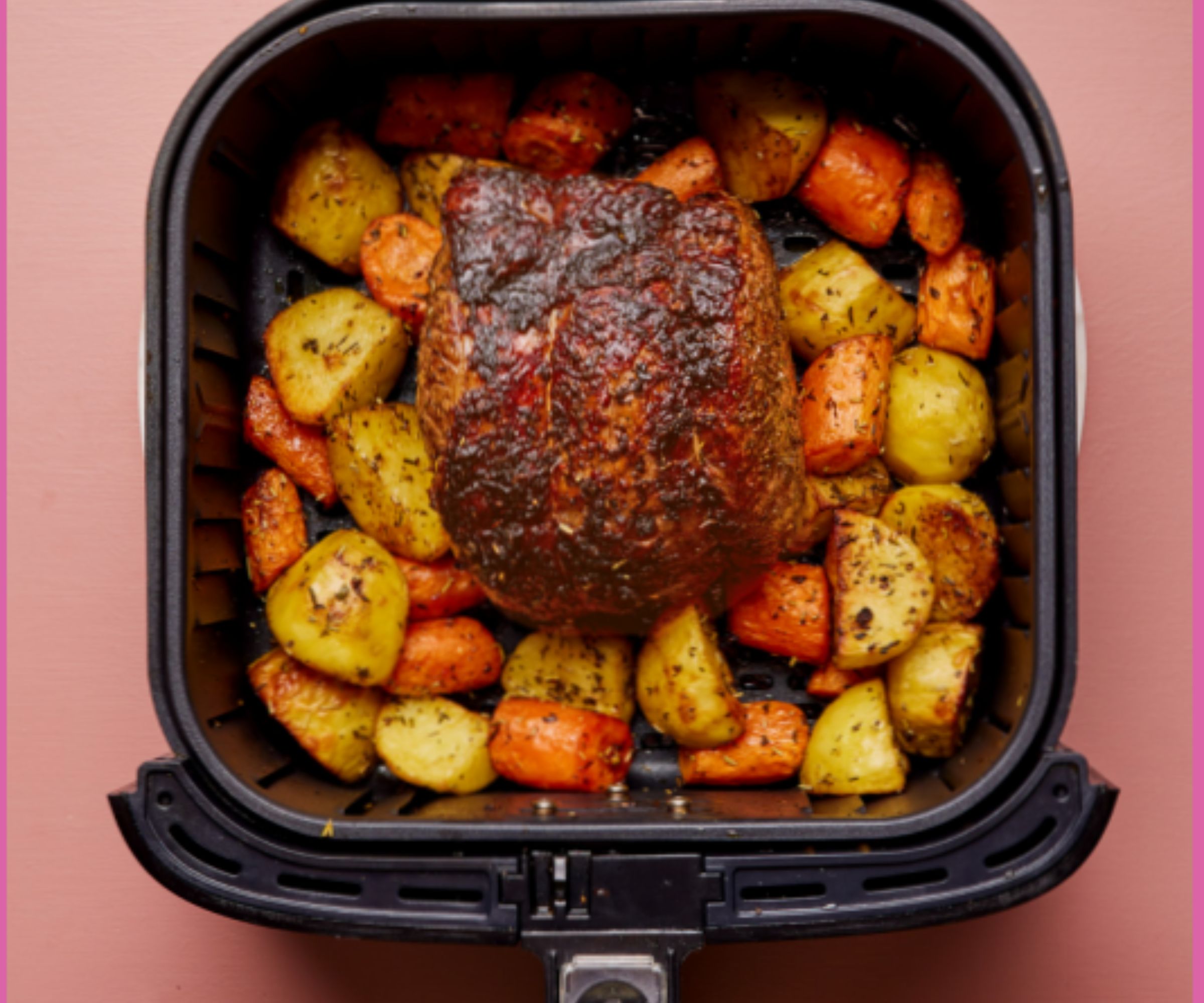
It might seem a little obvious, but if you want your air fryer to last for years, you need to choose one that's going to suit your needs. There's no use skimping and saving on a compact air fryer if you will be feeding all the family with it. Likewise, there's no point buying a dual-drawer, extra-large air fryer if you'll be cooking single-ingredient recipes from it.
'You have a few options to think about when choosing one for you. You could go for an air fryer oven, which lots of people love because you can cook whole chicken, boneless beef, kebabs, and all sorts in it. However, if you're energy-conscious, this is slower and much less efficient. I hate looking at our energy meter when I've got mine running,' explains Sam.
'Single-drawer air fryers are great if you want something simple and easy to use. We take ours with us when we go away on travels or in our motorhome because campsite fuses often have low wattage and these are low enough not to blow any sockets.'
On the other hand, if you want to make a whole meal, dual-drawer air fryers can be really useful. 'It's likely that these drawers will be slimmer and more narrow than a single-drawer air fryer, so you'll struggle to do bigger portions, but if you want to cook two different foods, like curry and naan bread, you can have them cooked to perfection and ready to eat at the same time. I think these are the future of air fryers really, because they're so popular and so versatile. However, just because everyone else has one doesn't mean you should.'
'There's endless other options, such as multicookers which are great for replacing gadgets and taking traveling if you're on the go as well as newer models with a flexible drawer, so you can choose how big your capacity is.' The bottom line is, to evaluate how you'll be using your air fryer this year, next year, and in the next five years and buy the one that suits your needs (if you need some inspiration, I've written a buying guide for the best air fryers).
6. Store it properly
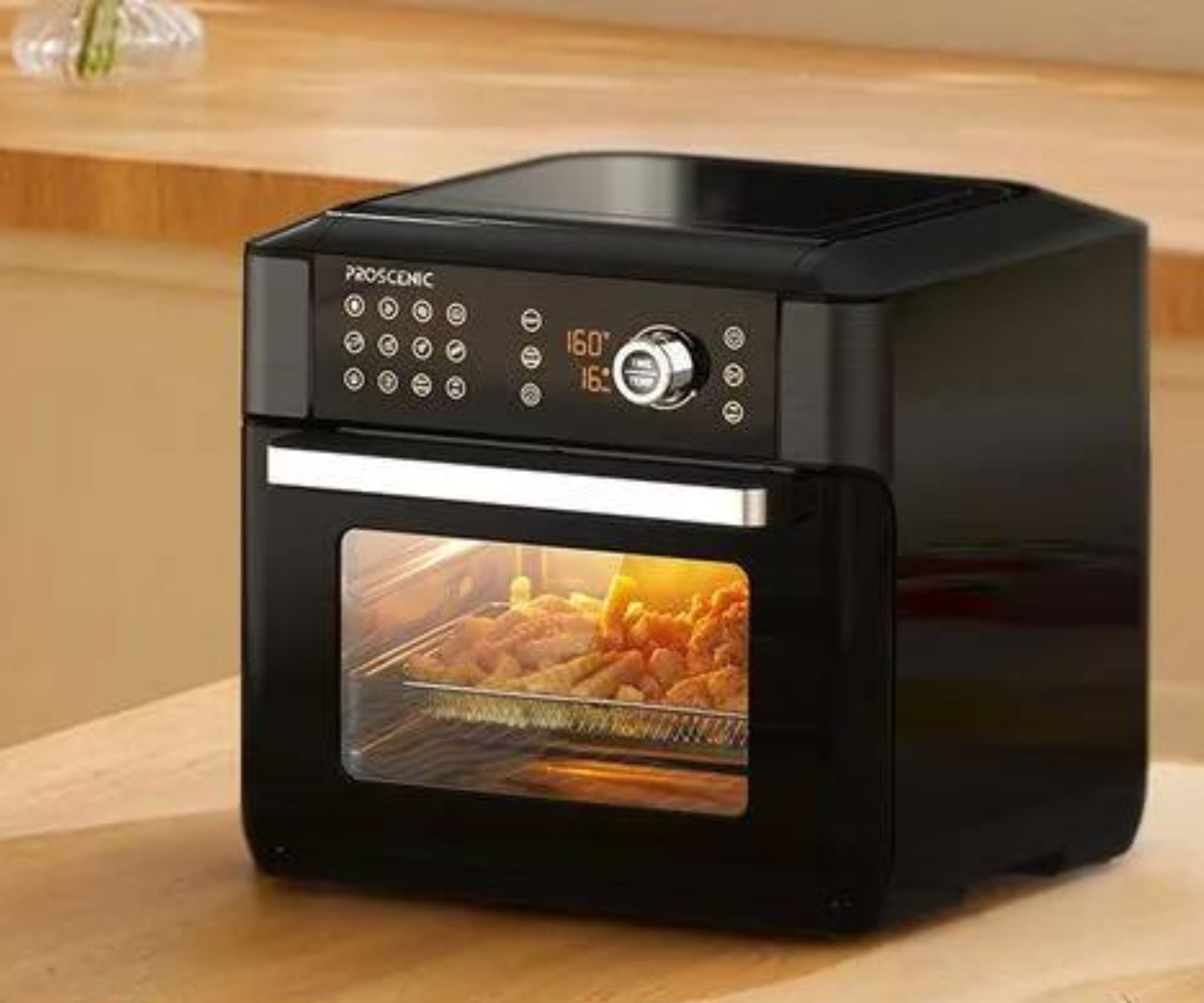
Throwing your air fryer in the cupboard with all your other utensils will likely end up with some bumps, bruises, and scratches. Likewise, if you're not careful with the cord, this is something that can wear through and fray.
When you're using the air fryer, make sure the cable isn't pressed up against the hot back, since this could damage the cable wiring as well as the interior. If this is somewhere you know you're not great, it's worth investing in a cable tie (such as this one from Amazon) to keep everything in its proper place.
Pick a stable shelf and put your air fryer on that, once it's cooled from cooking. Alternatively, you can keep your air fryer in pride of place on the countertop, just make sure that you keep the exterior clean.
Final thoughts
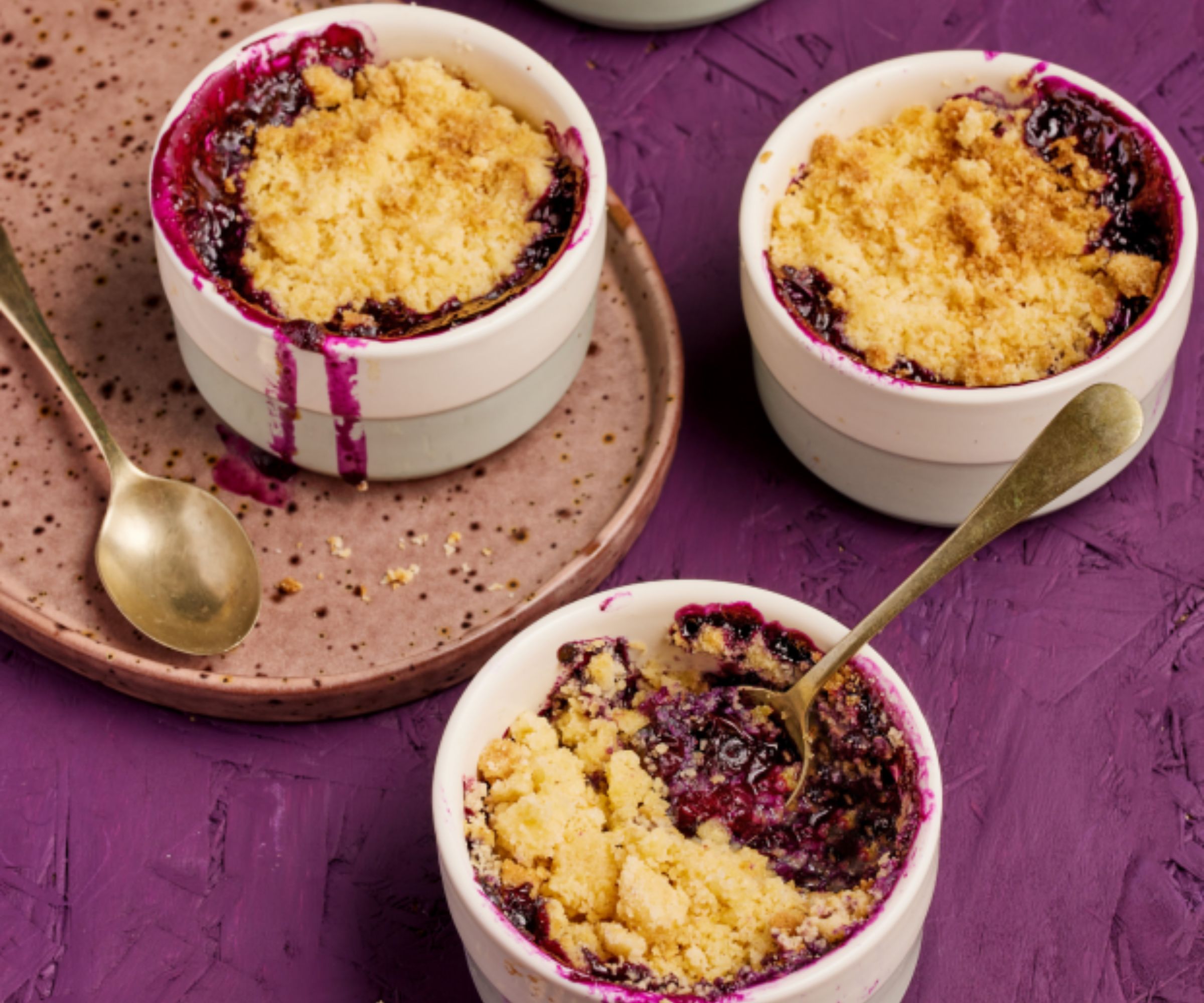
If you follow Sam's advice, you'll be able to enjoy a long life of air frying. Her six tricks are easy to follow because air fryers are really simple appliances. However, there's a lot of fun that you can have with them too. If you need a place to start, I'd take a look at Sam's book, The Complete Air Fryer Cookbook. It's considered to be a bit of a bible for air fryer advice. She's got tips for everything, from where to start to which accessories to buy, as well as expert advice throughout. In my opinion, it's a kitchen essential.
Sign up to the Homes & Gardens newsletter
Design expertise in your inbox – from inspiring decorating ideas and beautiful celebrity homes to practical gardening advice and shopping round-ups.

Laura is our eCommerce editor. As a fully qualified barista, she's our expert in all things coffee and has tested over thirty of the best coffee makers on the market. She has also interviewed Q-Graders and world-leading experts in the coffee industry, so has an intimate knowledge of all things coffee. Before joining Homes & Gardens, she studied English at Oxford University. Whilst studying, she trained as a master perfumer and worked in the luxury fragrance industry for five years. Her collection of home fragrance is extensive and she's met and interviewed five of the world's finest perfumers (also known as 'noses'). As a result of this expansive fragrance knowledge, she always puts quality and style over quantity and fads. Laura looks for products which have been designed simply and with thoughtful finishes.
-
 5 things people with clean upholstery always do – simple, quick and oh-so-effective
5 things people with clean upholstery always do – simple, quick and oh-so-effectiveEnsure your furnishing looks clean year-round with these expert tips
By Seraphina Di Mizzurati Published
-
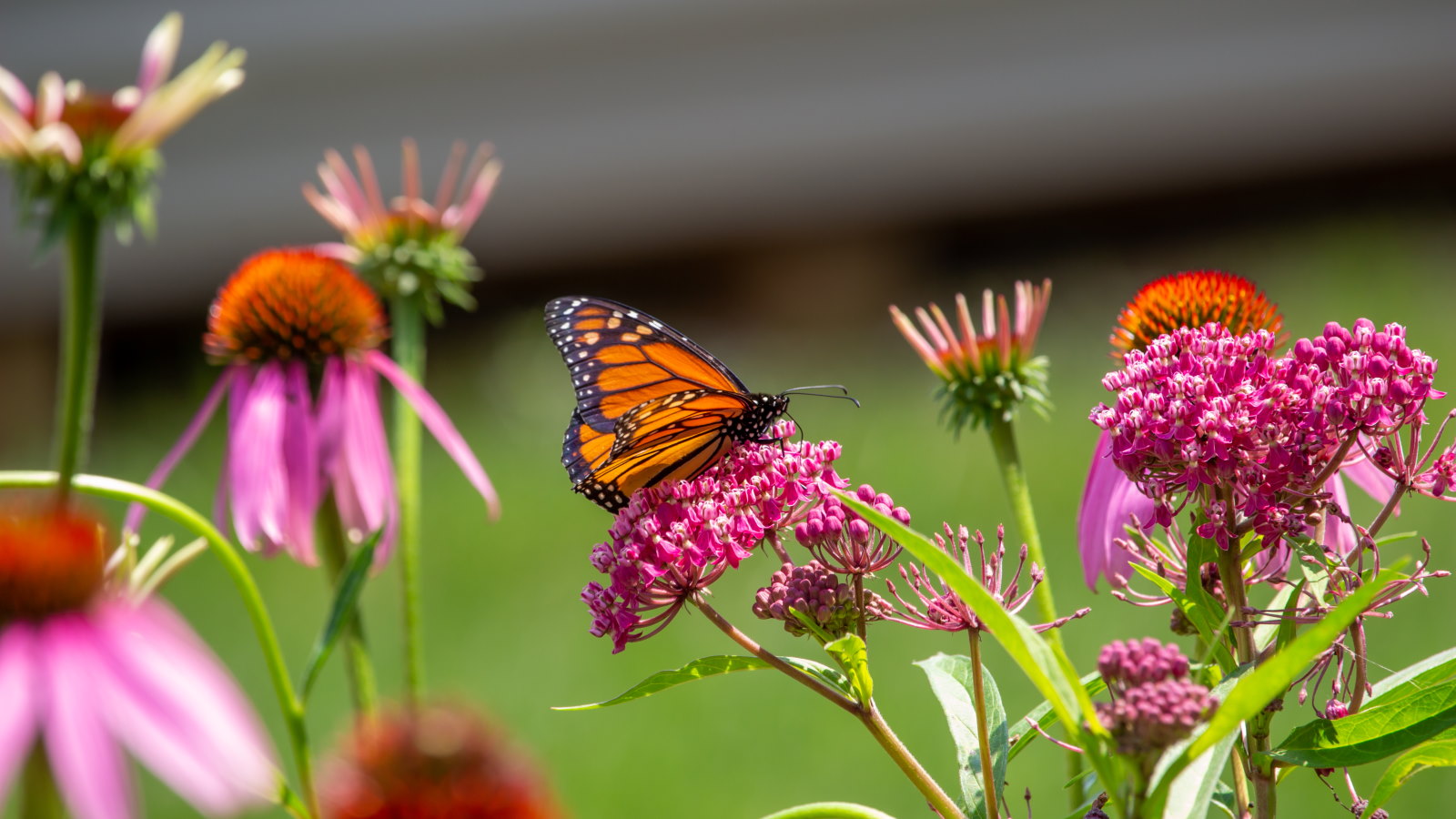 7 native perennials to plant in April – for glorious flowering displays to attract bees, butterflies, and hummingbirds
7 native perennials to plant in April – for glorious flowering displays to attract bees, butterflies, and hummingbirdsDiscover some of the best perennials to plant in April to make your garden a hotspot for wildlife
By Drew Swainston Published